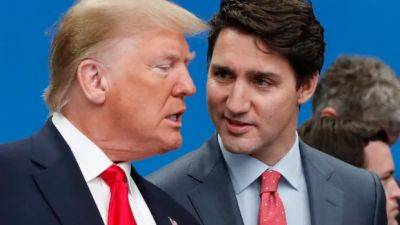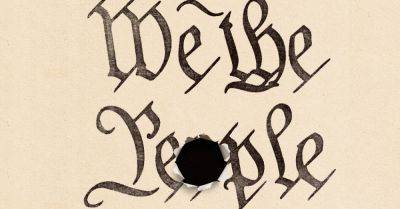Canada reflects on its history of political violence in wake of attack on Trump
As an apparent attempt to assassinate former U.S. president Donald Trump drives another anxious debate about the climate of political violence in the United States, Canadian politicians are also coping with an elevated risk level.
Four serving American presidents have been assassinated: Abraham Lincoln, James Garfield, William McKinley and John F. Kennedy. Theodore Roosevelt was shot during a speech in 1912 but survived; at the time, he was a former president campaigning to regain the job.
No Canadian prime minister has ever been assassinated and episodes of political violence are relatively rare in Canada.
But the security climate for politicians in this country has deteriorated markedly over the past few years. The RCMP has discussed what it calls a rising number of threats directed at elected officials.
Some parliamentarians were given panic buttons in 2022 in response to threats. Several female politicians have resigned in recent months, citing an extreme level of harassment and intimidation.
Canada hasn't escaped political violence entirely. Here are some of the most significant acts of violence directed against politicians in this country's history:
1868: The assassination of Thomas D'Arcy McGee
McGee, a father of Canadian Confederation, was killed in Ottawa in 1868. Police arrested Patrick James Whelan, a tailor who was sympathetic to the Fenians, a group of Irish radicals who hoped to weaken the United Kingdom through attacks on its North American colonies. Whelan insisted he was innocent but after a complicated and controversial trial, he was found guilty and sentenced to death.
1880: George Brown shot
George Brown, a journalist and politician, is considered a father of Confederation for his instrumental role in pushing






